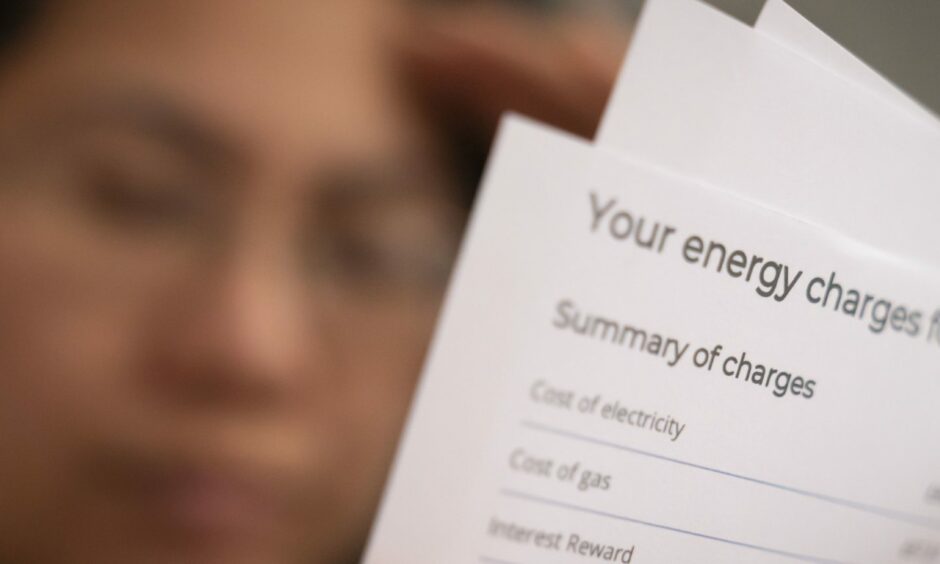
Labour’s flagship plan to launch a new state-owned energy company may not be delivered for up to five years, according a leading climate policy expert.
Matthew Paterson, professor of international politics and director of the Sustainable Consumption Institute at Manchester University, warned GB Energy will take “a long time to establish – probably the whole life of the parliament”.
He said the plan, as set out in King’s Speech this week, will face significant timing challenges and this “doesn’t align with the urgent need to accelerate clean energy development”.
Political rivals say such a timescale would “make a mockery” of the government’s promises on tackling the climate crisis.
What is GB Energy?
GB Energy will not supply power to households and will instead seek to invest cash in renewables alongside private companies.
But industry leaders warn it does not make sense to hit firms with a windfall tax to set it up and then ask the same businesses to provide investment.
Campaigners are also sceptical about whether GB Energy will deliver the necessary change to support a just transition away from oil and gas jobs.
Speaking to The Sunday Post, Paterson said: “The logistics of establishing a large new energy company, public or private, is pretty challenging.
“The sense I have from speaking with academics, non-government organisations and politicians, and attending workshops over the past few months, is that getting things up and running will be a four or five year operation.
“I think the question is whether they can find things to start straight away without waiting for GB Energy to be the magic fix to save everything.”
Paterson said there is still little information about how GB Energy will work but warned any plan to use it as an investment vehicle to channel private money into solar and wind “is likely to not generate as much investment as they might want”.
The expert said the new company has been used as “a bit of a distraction” but added it is crucial for Labour to push forward with other green initiatives in the meantime if it wants to meet its climate goals.
This could include borrowing more money to quickly expand offshore wind and a greater focus on retrofitting leaky homes with poor energy efficiency.
Campaigners complain of ‘deliberate ambiguity’
The King’s Speech on Wednesday confirmed a bill will be introduced to set up a “publicly-owned clean power company headquartered in Scotland”.
This will own, manage and operate clean power projects up and down the country, backed by £8.3 billion over the new parliament.
However, campaigners have accused Labour of “deliberate ambiguity” around GB Energy and say it must come with a package of transition measures including a green industrial strategy and a jobs guarantee.
Friends of the Earth Scotland just transition campaigner Rosie Hampton said: “GB Energy must bring our energy generation back into public hands.
“Anything else is a continuation of the status quo and provides the green light to profiteering energy companies to carry on with business as usual.
“The deliberate ambiguity around GB Energy from Labour means it is very hard to judge when it will be up and running or whether it will be creating jobs for offshore energy workers or investment managers.”
Is Labour’s climate policy a dud?
Labour committed in 2021 to spending £28 billion a year on a green prosperity plan to kickstart the UK’s transition to a low-carbon economy.
In February, in one of the most controversial moves of Sir Keir Starmer’s leadership, it slashed this to less than £15 billion – only a third of which is new money.
The government sought to improve its green credentials earlier this month by confirming it will lift a de-facto ban on new onshore windfarms in England.
However, Scottish Greens co-leader Lorna Slater said a wait of up to five years for GB Energy to be delivered “makes a mockery of Labour’s climate policy”.
She said: “GB Energy was unveiled to much fanfare as the centrepiece of an otherwise lacklustre manifesto.
“But if its vague promises can’t even be delivered within this parliament, then it looks like just another excuse to delay.
“Climate breakdown is here now. The extreme weather that comes with it is costing us billions of pounds now.
“It’s negatively impacting the lives and livelihoods of billions of people now. And the longer we wait to act the worse it will get.
“We need real action to reduce emissions now, not a slick website and fancy logo slapped on top of the status quo.”
‘Worst of all worlds’
We revealed last month how Offshore Energies UK, the sector’s leading trade body, believes plans to extend the windfall tax on energy giants risks a permanent exodus.
SNP Westminster leader Stephen Flynn said the annual funding behind GB Energy is so small that is “incredibly difficult” to see how it will deliver on Labour’s promises.
He argued the party “may have created the worst of all worlds” by scrapping its £28 billion green pledge while at the same time “putting at risk continued private investment through their offshore licensing proposals”.
Speaking in the House of Commons, Energy Secretary Ed Miliband said GB Energy “will invest in technologies such as nuclear, offshore wind, tidal, hydrogen and carbon capture, and ensure a just transition for our oil and gas communities”.

Enjoy the convenience of having The Sunday Post delivered as a digital ePaper straight to your smartphone, tablet or computer.
Subscribe for only £5.49 a month and enjoy all the benefits of the printed paper as a digital replica.
Subscribe


